‘I will fight until I die’: Nepal’s celebrated Dalit activist on her lifelong battle for equality
- Dignity Post
- 12-09-2023 04:19

Dalit rights.
Being denied water as a child set Saraswati Nepali on a path to end caste-based discrimination. She has since been honored by the US government and become an inspiration to women
Dashing home to get a drink of water during school breaks was Saraswati Nepali’s first taste of injustice. Born into a Dalit family from Baitadi, a district in the far west of Nepal, she was not allowed to drink from the same tap, cup, or bucket as other pupils.
“I had to run to my home, which was 25 minutes away, to drink water during the school break because as a Dalit I was not allowed to touch the water in school,” says Nepali, 41, now one of Nepal’s most prominent activists for Dalit rights. “Many times I had to leave my classes because I was thirsty.”
It was an incident when she was in year 10 that changed her life and set her on her future path. “I was so thirsty and went home to drink water – but there was no water at home,” she says. “We Dalits either had to walk far to collect water or wait hours and hours to get one bucket from the upper-caste tap, since we were not allowed to touch the tap or pond by ourselves. That day my mother waited for hours but could not get water.
“This was not the first time that I had to spend a day thirsty, but [it] hurt me inside out and I became determined to fight for my rights.”
Since then Nepali has dedicated her life to Dalit struggles for rights and justice in Nepal, earning global accolades, including, last month, an anti-racism award from the US State Department, and becoming an inspiration.
Dalits account for at least 13% of Nepal’s population. Although Nepal was declared free of discrimination on the basis of caste in 2006, and Dalits’ fundamental rights are guaranteed in the 2015 constitution, the country’s “untouchables” experience routine abuse and prejudice.
Between 2019 and 2020, 49 cases of caste-based discrimination were registered at Nepal’s National Human Rights Commission. During the first Covid-19 lockdown, 753 cases, including 34 murders, were reported across Nepal.
“The hardest part is getting justice for Dalit victims because police refuse to register complaints,” says Nepali. “If it is registered, a Dalit hardly gets justice because all institutions are run by upper-caste people who still think Dalits are untouchable. What can we expect from them?”
As well as water rights – her school protests resulted in a separate tap for Dalit pupils – Nepali, who is president of the Dalit Society Development Forum, has campaigned for equal access to religious temples and an end to haliya – a bonded labour system common in the far west of Nepal.
“While trying to get access to the water and temples I saw the biggest problem of Dalits is that most of them are enslaved. There were around 6,000 Dalit families working as haliya. I thought Dalits need to be freed from bonded labour slavery first, then try getting other rights.” The practice was abolished in Nepal in 2008.
Kalawati Labad, a councillor for Dashrathchand municipality in Baitadi, calls Nepali an inspiration. She remembers: “I saw Sarswati around 12 years ago fighting to get justice for a Dalit girl who was killed by her upper-caste boyfriend when he knew she was pregnant. Her dead body was discovered after a month. Sarswati stood there like a rock when the whole village, especially upper-caste people, were against her.”
Labad, 34, credits this incident with her decision to become a social worker and politician.

Teenage girl dies after being forced to stay in a ‘period hut’ in Nepal
Kalpana Rana, an activist from Baitadi, is another whose life was changed after meeting Nepali. “I wanted to do something different [after I got married] than just household things,” she says. “Sarswati gave me encouragement and I started working for NGOs to raise awareness on chhaupadi [the practice of isolating women and girls during menstruation], domestic violence, polygamy. I also got into politics.”
Nepali says there is still much to do. “Even after more than 20 years of advocacy, we are able to bring only 30% of the changes [needed]. There are still 70% of changes yet to come.
“The problem is Dalits are poor and still uneducated. Now I want to work on education and economic empowerment for Dalits so that we can also take the lead role in society and play an important role in implementing the law.” And she vows: “I will fight until I die for equal rights.”
Source: www.theguardian.com


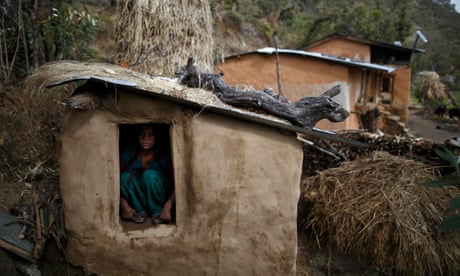
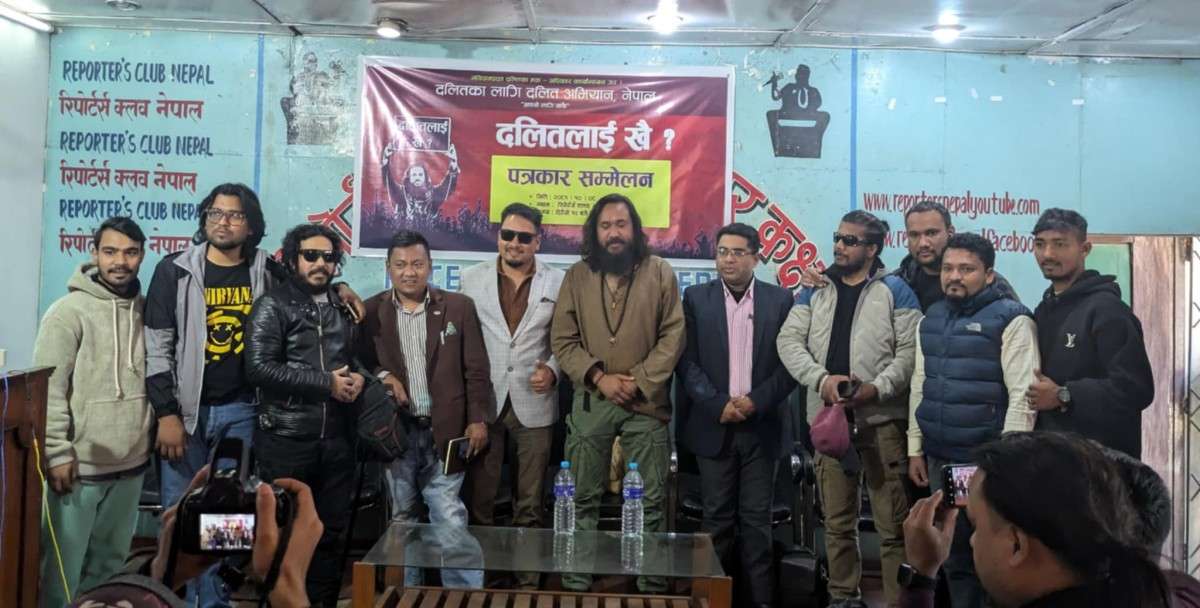
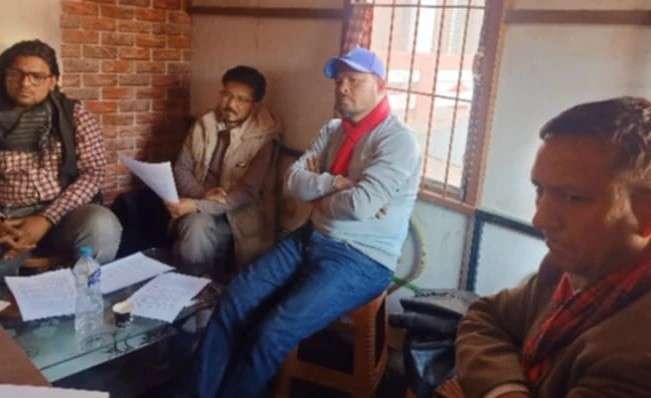

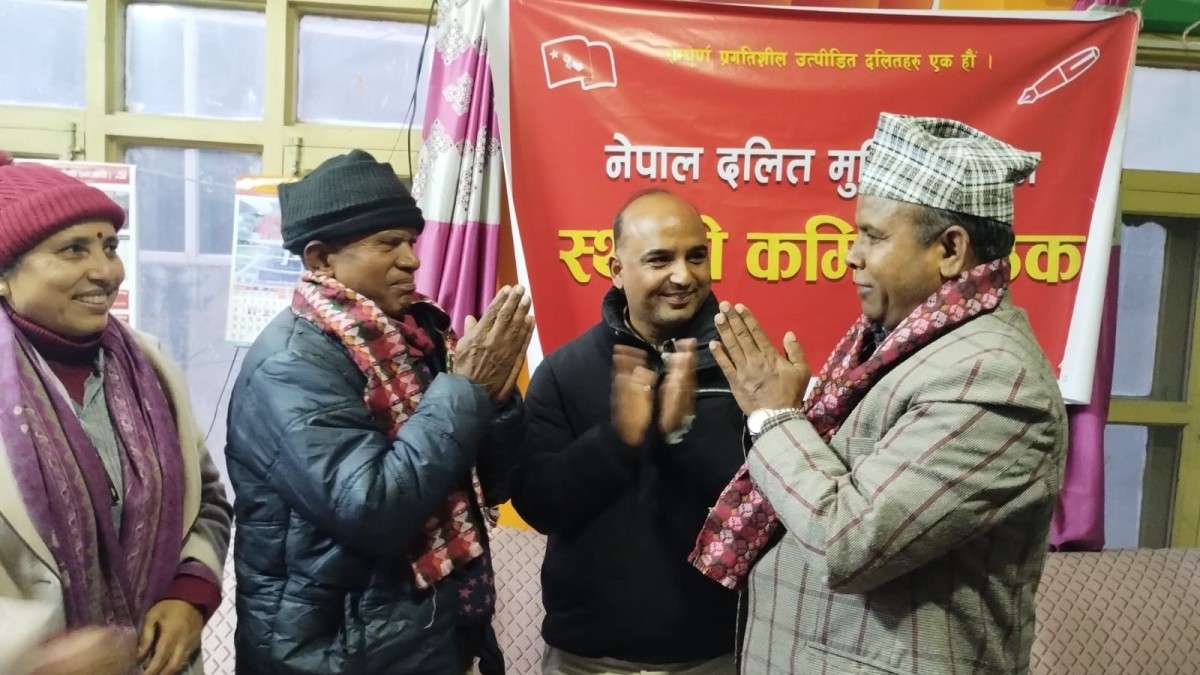
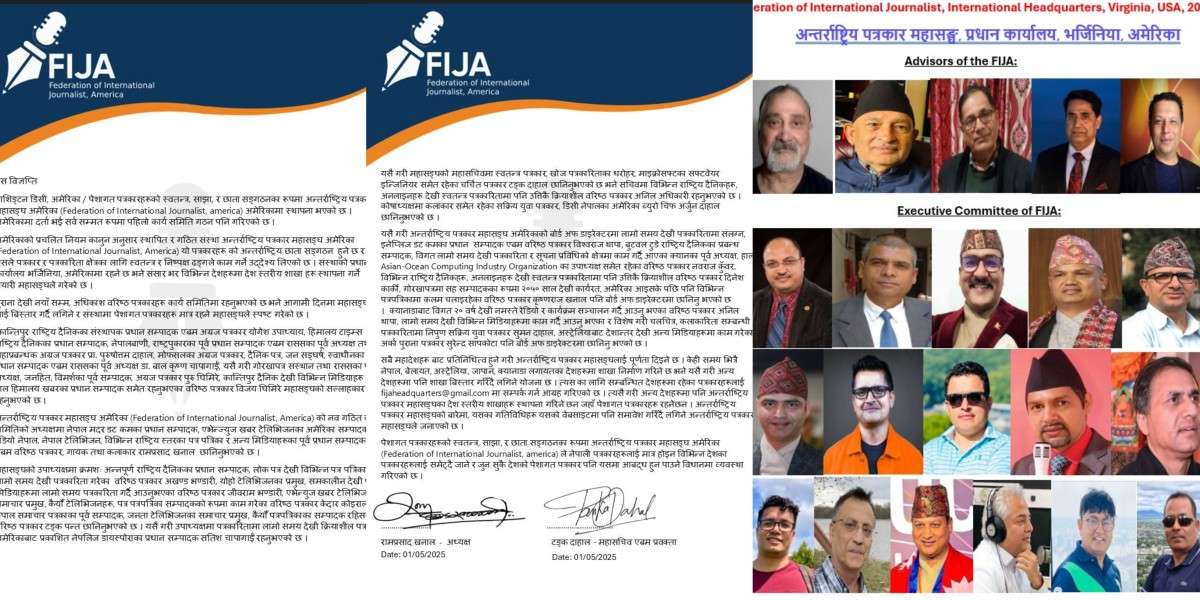




Conversation